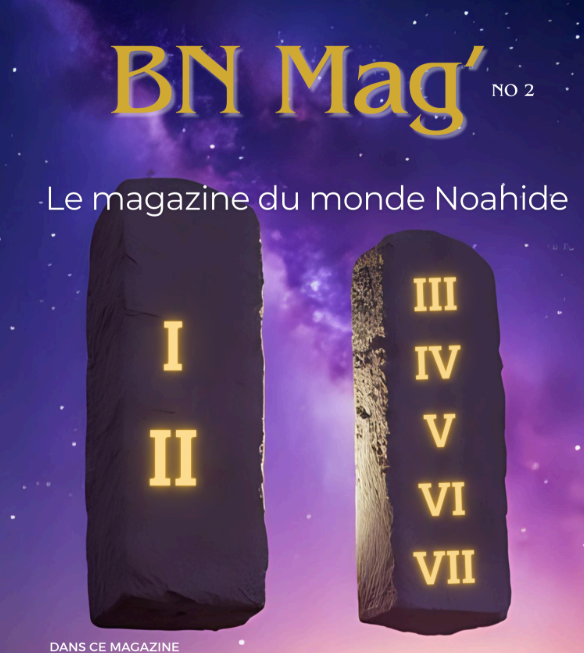Exploring the Paths to Divine Existence:
Maimonides and Rabbi Yehuda Halevi
Introduction:
In the pursuit of understanding the existence of God, two distinguished Jewish thinkers, Maimonides and Rabbi Yehuda Halevi, offer distinct yet harmonious perspectives. While Maimonides presents a rational inquiry based on nature and observation, Rabbi Yehuda Halevi emphasizes historical events and the collective experiences of the Jewish people. Together, these contrasting approaches weave a vast tapestry of faith and reason.
Maimonides' Rational Inquiry:
In his well-known work "The Guide for the Perplexed," Maimonides delves into nature's intricacies to demonstrate God's existence. He presents an indirect inference by highlighting the well-regulated affairs of a country, employing the example of a banker and a poor man. The poor man's respectful behavior towards the banker, driven by the fear of punishment, shows a ruler's existence. Maimonides posits that just as a ruler's influence can be deduced through observable phenomena, so too can the existence of God be inferred from the intricate design and orderliness of the natural world.
Rabbi Yehuda Halevi's Historical Testimony:
Contrasting Maimonides' rational approach, Rabbi Yehuda Halevi, in his captivating work "The Kuzari," presents a historical and narrative-based argument for the existence of God. He recounts the remarkable events of Jewish history, such as the exodus from Egypt, the desert's miracles, and the Torah's giving. These extraordinary occurrences stand as testimonies to God's involvement in the lives of the Jewish people. Rabbi Yehuda Halevi asserts that an undeniable connection with the divine is established through the collective experiences and traditions documented in the Torah.
While Maimonides and Rabbi Yehuda Halevi adopt distinct methods, their perspectives harmonize to provide a more comprehensive understanding of the divine. Maimonides' rational inquiry into nature highlights the intricate design of the world, reflecting God's presence. Simultaneously, Rabbi Yehuda Halevi's historical testimonies reinforce the faith and devotion of the Jewish people, affirming their connection to a higher power.
These complementary perspectives remind us that the pursuit of truth encompasses reason and historical experiences. By embracing the rationality of the natural world and the profound impact of historical events, we gain a deeper appreciation for the intricate tapestry of faith and reason.
As we delve into the realms of faith and reason, exploring the perspectives of Maimonides and Rabbi Yehuda Halevi, we are left with intriguing questions that invite us to contemplate the mysteries of existence:
- What lies beyond the observable phenomena and historical testimonies? While Maimonides and Rabbi Yehuda Halevi provide valuable insights, they also remind us that deeper layers of understanding may elude our grasp. Are there hidden dimensions of reality waiting to be unveiled?
- How do faith and reason intertwine in our quest for truth? While Maimonides emphasizes rational inquiry and Rabbi Yehuda Halevi emphasizes historical testimony, the harmony between these approaches prompts us to consider the interplay between faith and reason. How can we integrate both to foster a more profound understanding of the divine?
These mysterious questions beckon us to explore further, to seek wisdom beyond the limitations of our current understanding. As we embark on this ongoing journey, may the wisdom of Maimonides and the narratives of Rabbi Yehuda Halevi continue to inspire us, guiding us toward a deeper connection with the mysteries that lie at the heart of our existence.
Click on the video and get exposed to more profound insights.
"...And the words of God from Jerusalem."
---------------------------------
1.
The Maimonides in his phenomena book "The Guide for the Perplexed", is trying to prove the existence of God behind nature;
“...His existence can be demonstrated in a still more indirect way, e.g., if you are asked whether this land has a king, you will undoubtedly answer in the affirmative. “What proof have you?” “The fact that this banker here, a weak and little person, stands before this large mass of gold pieces, and that poor man, tall and strong, who stands before him asking in vain for alms of the weight of a carob-grain, is rebuked and is compelled to go away by the mere force of words: for had he not feared the king, he would, without hesitation, have killed the banker, or pushed him away and taken as much of the money as he could.” Consequently, this is a proof that this country has a ruler and his existence is proved by the well-regulated affairs of the country, on account of which the king is respected and the punishments decreed by him are feared. In this whole example nothing is mentioned that indicated his characteristics, and his essential properties, by virtue of which he is king.” [1:46]
2..
Rabbi Yehuda Halevi, in the Kuzari Book [1:11 - and see there more] is doing different:
“The Rabbi replied: I believe in the God of Abraham, Isaac and Israel, who led the children of Israel out of Egypt with signs and miracles; who fed them in the desert and gave them the land, after having made them traverse the sea and the Jordan in a miraculous way; who sent Moses with His law, and subsequently thousands of prophets, who confirmed His law by promises to the observant, and threats to the disobedient. Our belief is comprised in the Torah--a very large domain.”



